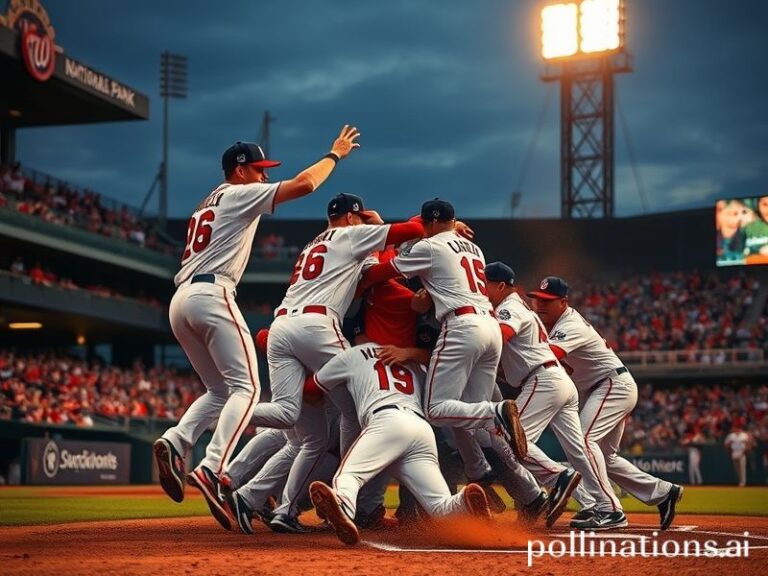Charlotte vs. Army: The Internet’s Latest Battle for Cultural Supremacy
# Charlotte vs. Army: The Battle for the Internet’s Soul
In the grand coliseum of the internet, where memes are gladiators and trends are emperors, a new spectacle has captured the global audience’s attention: “Charlotte vs. Army.” This isn’t your typical David and Goliath story, but rather a tale of a young woman named Charlotte and a mysterious group known only as “Army.” The battle has sparked debates, memes, and endless speculation, proving once again that the internet never runs out of drama.
## The Cultural Context
Charlotte, a 20-year-old from the UK, rose to fame on TikTok with her comedic skits and relatable content. Her rise to stardom was meteoric, and with it came the inevitable backlash and scrutiny. Enter “Army,” a shadowy collective of internet users who have taken it upon themselves to scrutinize and critique Charlotte’s every move. The name “Army” is a nod to the organized, almost militaristic approach they take in their quest to expose what they perceive as inauthenticity and hypocrisy.
The clash between Charlotte and Army is a microcosm of the broader internet culture wars. On one side, you have the content creators who strive to entertain and connect with their audience. On the other, you have the critics who hold them to account, often with a zeal that borders on obsession. This dynamic is nothing new, but the scale and intensity of the Charlotte vs. Army saga have made it a global phenomenon.
## The Social Impact
The social impact of this internet drama is multifaceted. For one, it highlights the power of the internet to elevate ordinary people to stardom overnight. Charlotte’s rise to fame is a testament to the democratizing potential of social media, where anyone with a smartphone and a creative spark can find an audience.
However, the Army’s relentless scrutiny also underscores the darker side of internet fame. The pressure to maintain a perfect online persona can be overwhelming, and the constant threat of backlash can take a toll on mental health. The Charlotte vs. Army saga serves as a cautionary tale about the pitfalls of internet stardom and the importance of authenticity in an age of curated content.
Moreover, the battle has sparked conversations about the role of critics in internet culture. While constructive criticism can be valuable, the line between healthy debate and toxic obsession is often blurred. The Army’s tactics have raised questions about the ethics of online activism and the potential for harassment under the guise of accountability.
## Why It’s Significant
The significance of the Charlotte vs. Army saga lies in its ability to capture the zeitgeist of the internet age. It embodies the tensions between creativity and criticism, authenticity and performance, and the individual and the collective. The battle has become a symbol of the broader cultural shifts happening online, where the boundaries between public and private, real and virtual, are increasingly blurred.
Furthermore, the saga has transcended its origins on TikTok, spilling over into other social media platforms and even mainstream media. This cross-platform spread is a testament to the viral nature of internet culture and the global reach of social media. The Charlotte vs. Army battle is not just a UK phenomenon; it’s a global spectacle that has captured the imagination of internet users worldwide.
## Conclusion
In the end, the Charlotte vs. Army saga is more than just a viral drama. It’s a reflection of the complexities and contradictions of internet culture. It’s a story about the power of social media to elevate and destroy, to connect and divide. As the battle rages on, one thing is clear: the internet is a battleground, and everyone is a soldier.
So, whether you’re Team Charlotte or Team Army, remember to engage with the drama with a critical eye and a healthy dose of humor. After all, the internet is a stage, and we’re all just players.







